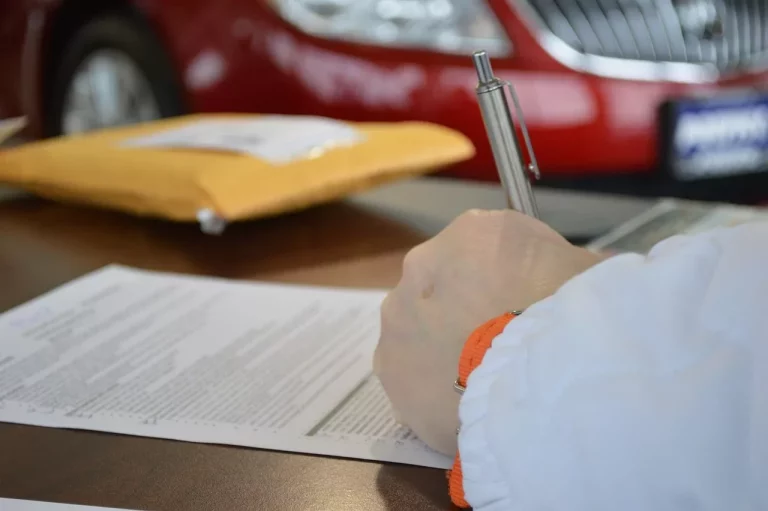Types of Divorce in Massachusetts
Have you ever wondered about the different types of divorce in Massachusetts? At TheBostonDivorceLawyer, our experienced lawyers can help you navigate through the complexities of no-fault, fault, and uncontested divorces.
Let us guide you through the process and ensure your rights are protected.
From the point of view of Massachusetts law, there are two types of divorce: contested and uncontested. A contested divorce is when the spouses cannot agree on issues such as child custody or property division, while an uncontested divorce is when both parties are able to reach an agreement on these matters.
Definition
There are two main types of divorce in the state: contested and uncontested. In a contested divorce, the spouses can’t agree on key issues like property division, child custody, and alimony. This usually leads to a long and costly legal process where a judge makes the final decisions. In contrast, in an uncontested divorce, the spouses agree on these matters without needing to go to court. This type of divorce is often faster, cheaper, and less hostile.
For real, another important difference in Massachusetts is between fault and no-fault divorce. In a fault divorce, one spouse has to prove that the other caused the marriage to fail due to reasons like cheating, abuse, or abandonment. In a no-fault divorce, the spouses can just say they have irreconcilable differences and don’t have to blame each other. This type of divorce is becoming more common in Massachusetts and other states.
No-fault
No-fault divorce is the most common choice for couples who want to end their marriage. In this type of divorce, couples don’t need to prove that one person is to blame for the marriage ending. They just need to say that there are irreconcilable differences that can’t be fixed.
No-fault divorce can be simpler and less stressful for couples who can agree on things like dividing property, child custody, and support arrangements. It can also be quicker and cheaper than a divorce where one person is blamed.
In a fault-based divorce, one person has to prove that the other person is at fault for the marriage breakdown. Common reasons for fault-based divorce in Massachusetts include cheating, abandonment, abusive treatment, and drug or alcohol abuse.
In Massachusetts, the court can look at the reasons for the divorce when deciding on property division, child custody, and alimony. But fault usually isn’t a major factor in these decisions, as Massachusetts is mainly a no-fault divorce state.
Fault-based
In a fault-based divorce, one spouse must prove that the other is to blame for the end of the marriage. In Massachusetts, reasons for this type of divorce include cheating, abandonment, substance abuse, impotency, and cruel behavior.
In these cases, the accusing spouse needs to present evidence in court, such as witness statements or documents, to back up their claims. Fault-based divorces can take a long time and can be emotionally draining because they often involve serious accusations and conflicts.
On the other hand, a no-fault divorce does not require either spouse to prove any wrongdoing. They only need to state that their marriage is broken beyond repair. This type of divorce is usually simpler and more friendly, as it focuses on reaching a fair agreement instead of placing blame.
Both fault-based and no-fault divorces are allowed in Massachusetts. The best choice depends on the specific details of the marriage and the people involved. Some might choose a fault-based divorce for a sense of justice, while others might prefer a no-fault divorce to avoid conflict and speed up the process.
Contested
Basically, a contested divorce happens when the spouses can’t agree on key issues like splitting assets, child custody, and financial support. Because they disagree, the court has to step in to make these decisions, leading to a longer and more complicated legal process.
In a contested divorce, both spouses usually hire their own lawyers to represent them. There can be multiple hearings and trials where they present their evidence and arguments. In the end, a judge decides on the issues they couldn’t agree on. To be fair, this whole experience can be very stressful and emotionally tough for both sides.
These types of divorces often cost more in legal fees and take longer to complete than uncontested divorces. The lack of cooperation can also increase tension and conflict during the process.

Uncontested
This means that both spouses agree on important matters like dividing property, child custody, and support payments. They manage to settle these issues without needing a judge to decide for them.
Uncontested divorces usually take less time and cost less money than contested ones, which can drag on and be expensive. Couples can often handle an uncontested divorce by themselves without hiring a lawyer, making the process less stressful and giving them more control over the decisions.
In an uncontested divorce, both spouses need to work together to find a fair solution. Let me explain, this might involve negotiating and making compromises, but the aim is to agree on a plan that works for both. Once they agree, they submit their plan to the court for approval.
There are several advantages to an uncontested divorce, like quicker resolutions, lower costs, and less emotional strain. However, both parties need to understand their rights and responsibilities before agreeing to anything.
The End Note
It is important to understand the various types of divorce available in Massachusetts in order to choose the best option for your specific situation.
What TheBostonDivorceLawyers is recommending to talk to is, whether it be contested, uncontested, fault-based, or no-fault divorce, knowing your options can help simplify the process and ensure a smoother transition.







